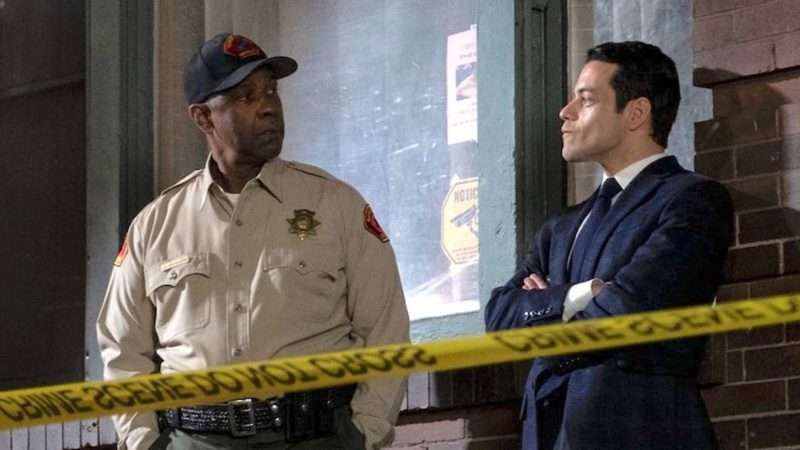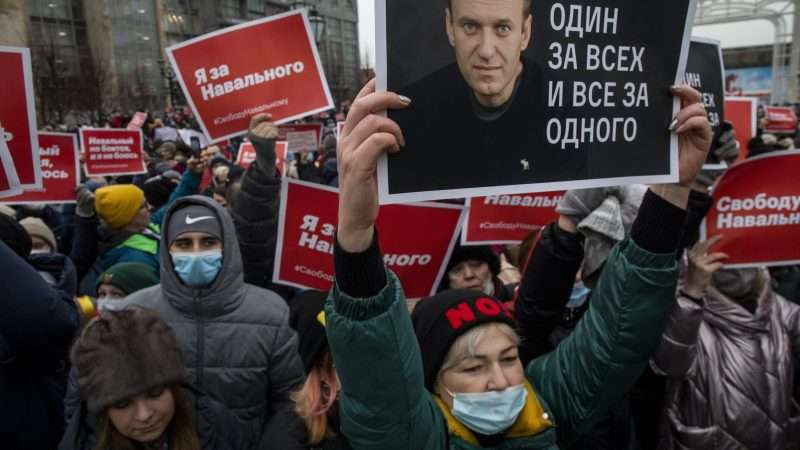In my 2017, I identified four species of high-level influence, which I described as “presidential maladministration.”
First, [Presidential Reversals] where an incoming administration reverses a previous administration’s interpretation of statute, simply because a new sheriff is in town, courts should verify if the statute bears such a fluid construction. Second, [Presidential Discovery] where an administration discovers a heretofore unknown power in a statute that allows it to confer substantive rights, courts should raise a red flag, especially when the authority exercised was one Congress withheld. Third [Presidential Nonenforcement], where an administration declines to enforce a statute that Congress refuses to repeal, under the guise of prosecutorial discretion, courts should view the action with skepticism. Fourth [Presidential Intrusion], where evidence exists that the White House attempted to exert its influence and intrude into the rule-making process of independent agencies, courts should revisit the doctrine concerning altered regulatory positions.
The transition from the Trump to the Biden administration has shined a light on a fifth species of presidential maladministration. I’ll call it Presidential Shackling.
Shortly before January 20, the executive branch signed different agreements that limited its discretion. The obvious import of these agreements was to handcuff to incoming Biden Administration. For example, the Department of Homeland Security signed an agreement with Texas. Under the terms of this provision, DHS must give advance notice to Texas before making any changes to immigration policy. And DHS must consider Texas’s views when making changes to immigration policies. The upshot is that the Biden Administration cannot change immigration policies without Texas’s consultation.
The New York Times reported that DHS signed a similar agreement with the Immigration and Customs Enforcement Union.
One clause in the contract requires homeland security leaders to obtain “prior affirmative consent” in writing from the union on changes to policies and functions affecting agents. It also appears to allow the ICE union to argue that it can reject changes such as Mr. Biden’s recent order to focus on violent criminals and not prioritize other undocumented immigrants.
…
One of the agreements, for example, says: “No modifications whatsoever concerning the policies, hours, functions, alternate work schedules, resources, tools, compensation and the like of or afforded employees or contractors shall be implemented or occur without the prior affirmative consent” in writing by the union.
Health and Human Services signed a similar agreement with red states. Now, changes to Medicaid could trigger further litigation.
Soon enough, the courts will have to consider the validity of these agreements. In the abstract, the executive branch often reaches settlement agreements that limits its own discretion. But the intent here is to shackle the next administration.
What happens next? I can think of three options. First, the Biden Administration can treat these agreements as ultra vires. For example, Ken Cuccinelli lacked the authority to enter into these agreements. But the decision to ignore these agreements could trigger litigation over their validity, and Cuccinelli’s status. And that litigation can take time. Second, the Biden Administration could move to rescind these agreements. But the decision to terminate the agreement is a tacit recognition that the agreements are valid. And under Regents, the courts can scrutinize all changes in policy. Third, the Biden Administration can say these agreements interfere with his ability to take care that the laws are faithfully executed. Therefore, they can be ignored.
My guess is the Biden Administration will choose a combination of the first two approaches.
from Latest – Reason.com https://ift.tt/2MjdedB
via IFTTT



